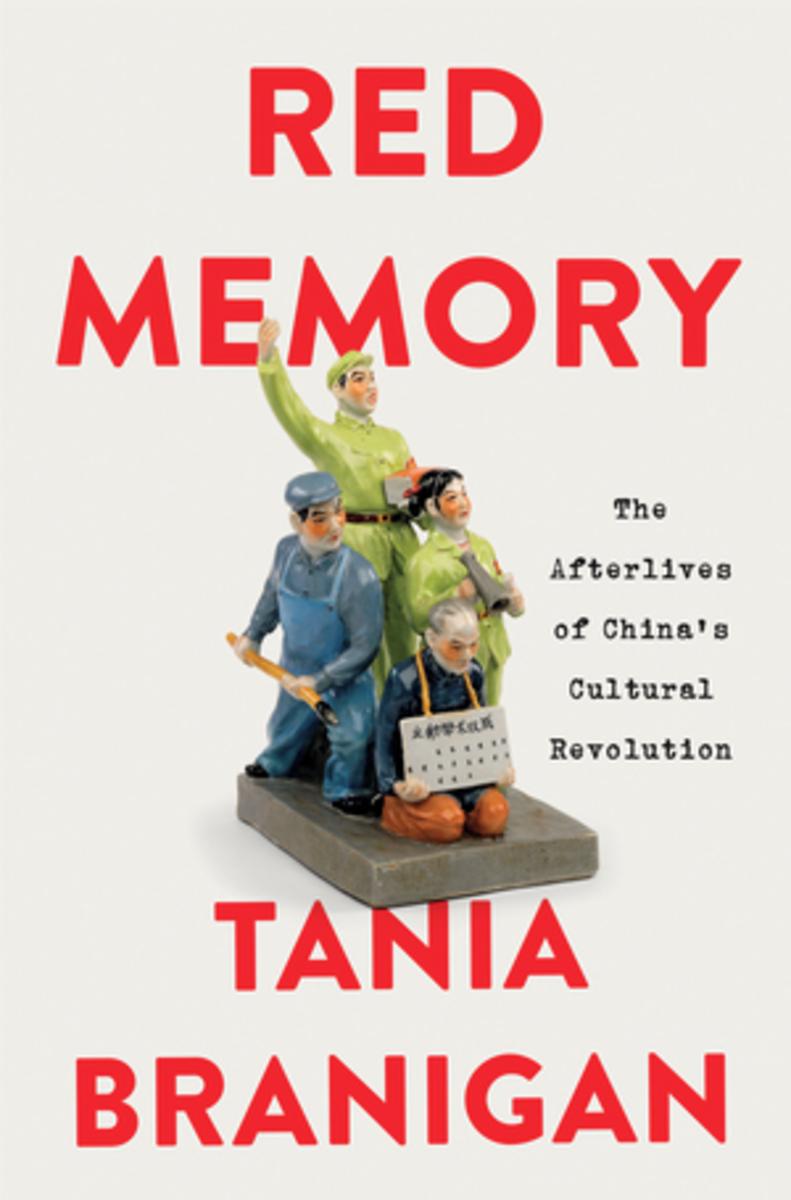
Publish Date |
May 09, 2023 |
Category |
History / Modern / 20th Century History / Social History |
Price |
$39.95 |
ISBN: 9781324051954
Format: Hardback
Pages: 304
Publisher: W. W. Norton & Company
Published: May 09, 2023
"What makes Branigan’s account special is captured in a line at the end of her work: ‘This book could not be written if I were to begin it today’…. Amid the growing difficulties of accessing lived experiences in China, Branigan’s lyrical style of writing lends itself well to intimate encounters with interviewees.… Her humanising approach to writing about China is particularly valuable amid our current polarising geopolitical narrative, which loves strong lines between enemies and allies. It is also appropriate for capturing a decade in which the line between hunter and hunted shifted with the political winds of the day.""Compelling …. Red Memory is also an exercise in attempting the impossible, of trying to reconstruct what it was like to live through and then live with one of the most brutal periods of modern Chinese history. Branigan comes closer to doing so than anyone else has in the English language.""Red Memory... uses China’s Cultural Revolution as a timely template for an accessible exploration of what societies choose to remember, how they choose to remember it, what they decide to forget and why it is important. Beautifully written and sensitively reported.""Branigan’s book offers an equally important cautionary lesson: the perils of ignoring or distorting history. What a country downplays in its historical record continues to reverberate, whether it’s the Cultural Revolution in China or the treatment of Native Americans and the legacy of slavery in the United States.""This book is thoroughly deserving of prominence. It is complex … because so is China.""[A] penetrating study of the buried stories of the Cultural Revolution of 1966 to 1976.""This is a beautifully written and thought-provoking book.""Branigan’s book is investigative journalism at its best, its hard-won access eliciting deep insight. The result is a survey of China’s invisible scars that makes essential reading for anyone seeking to better understand the nation today.""[An] absorbing study of the legacy of the Cultural Revolution.""[T]he past, as Ms. Branigan shows in this evocative book, is not so easy to suppress.""Tania Branigan’s prose is masterful and crystalline. It feels as if Joan Didion turned her powers of observation on China. Red Memory is the kind of book capable of altering your understanding of an unforgettable episode that is not a strange artifact of history but, rather, an urgent warning about our deepest, most durable frailties.""Red Memory shows how the psychic wounds of Mao Zedong’s decade of madness endure to this day, replicating themselves through the generations.""Tania Branigan offers nuanced, humane portraits of people whose lives were transformed by those years, and also teaches the reader much about the politics of memory.""Without understanding the Cultural Revolution and its long-term influence, it is impossible to understand today’s China. I hope that all China experts, policymakers, think tankers, and the public perceive this and read Red Memory.""[E]xceptional… offers insights at once deep and clear into universal and timeless questions - of memory and forgetting, of horror and what it takes both to survive it and inflict it. It is haunting, evocative, and written with an almost painful beauty. I cannot recommend it too highly.""Unfailingly acute, exceptionally humane—a masterpiece.""A veritable masterwork.""Red Memory will tell you more about Xi Jinping’s rule than any tome on economics.""A breathtaking work.""A visceral history of the Cultural Revolution and a probing look at how modern-day Chinese Communist Party has sought to erase this chapter from its past…This is essential reading for China watchers.""[Branigan delivers] poignant, engaging stories that reveal the deep scars left by the Cultural Revolution.…Across a beautifully rendered text, the author astutely examines the Maoist ideology that drove the tumultuous class struggle and destruction…. Sensitive [and] well-researched.""Branigan weaves fascinating, unbelievable, and often terrifying personal narratives into her analysis. Her deep insight into a nation's painted-over trauma explains how mass hysteria, rampant betrayal, and even cannibalism have shattered a society for generations afterwards.""Stunning, profound and gorgeously written, “Red Memory” is a must-read for anyone interested in understanding China today.""Branigan expertly documents both the power and the frailty of memory in the face of an unrelenting campaign by the Chinese Communist Party to bend and twist people’s recollections into whatever shapes best suit the CCP in the present…. Literature on the Cultural Revolution is a saturated market, but only rarely does it convey as Branigan does the continuing hold of that decade on a people otherwise transformed by economic development, technological progress, and newfound social and physical mobility."